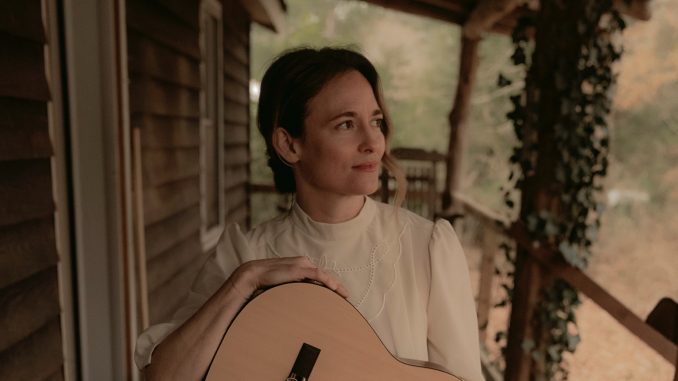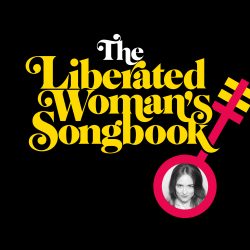
Singer-songwriter Dawn Landes will release a new album, ‘The Liberated Woman’s Songbook’, on 29th March 2024 during Women’s History Month. The record revisits songs featured in ‘The Liberated Woman’s Songbook’, originally published in 1971. Landes, along with producer Josh Kaufman (Bonny Light Horseman, Bob Weir, Cassandra Jenkins), has selected 11 musical stories from between 1830 to 1970. Sadly, these messages are just as timely today as they were then.

The project began while Landes was grounded at home during the pandemic and picked up the book at a thrift shop. Then in 2022, with the overturn of Roe v. Wade, she turned to the songbook for inspiration: “We’re suddenly back in 1971 all over again. I know we’re in for a long fight and it helps to find solidarity where you can.” Kaufman added, “Many of these songs were already powerful in message but musically were never meant to travel beyond the picket line.” In July 2023, Landes and Kaufman performed a live show of ‘The Liberated Woman’s Songbook’ at the Newport Folk Festival.
‘The Liberated Woman’s Songbook’ was recorded in Upstate New York at Little Pink and at The Garage in Chapel Hill, NC, where Landes is now based. Landes leads on vocals, guitar and organ while Kaufman plays guitars, keys, drums, bass, mandolin and percussion. Landes enlisted an array of powerful supporting voices including Emily Frantz (Watchhouse), Kanene Pipkin (The Lone Bellow), Annie Nero and Lizzy Ross (Violet Bell), Rissi Palmer and Charly Lowry,
On 7th September 2024, Landes will stage a live performance of ‘The Liberated Woman’s Songbook’ at London’s Barbican, featuring Peggy Seeger. Tickets are available here.
The 1830 song ‘Hard is the Fortune of All Womankind,’ is a traditional ballad which was often sung at protests during the Women’s Liberation Movement in the late 60s and early 70s and recorded by Peggy Seeger (1954) and Joan Baez (1961) under an alternate title, ‘The Wagoner’s Lad,’ has been released with an accompanying video.
In the video, Landes embodies women from the past including a farmer, a suffragette, a factory worker, famed union-activist and martyr Ella May Wiggins and a protester from the 1968 Miss America Pageant protest in Atlantic City. Landes notes: “There’s a reason this folk song has been around this long and we’re still singing it nearly 200 years later.”


